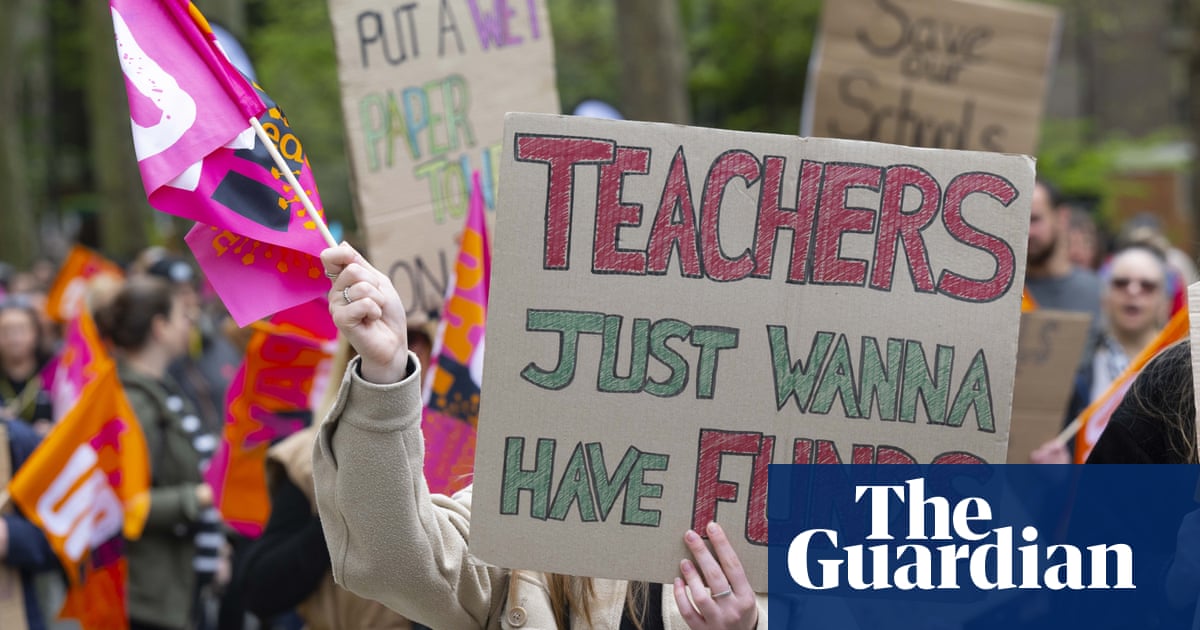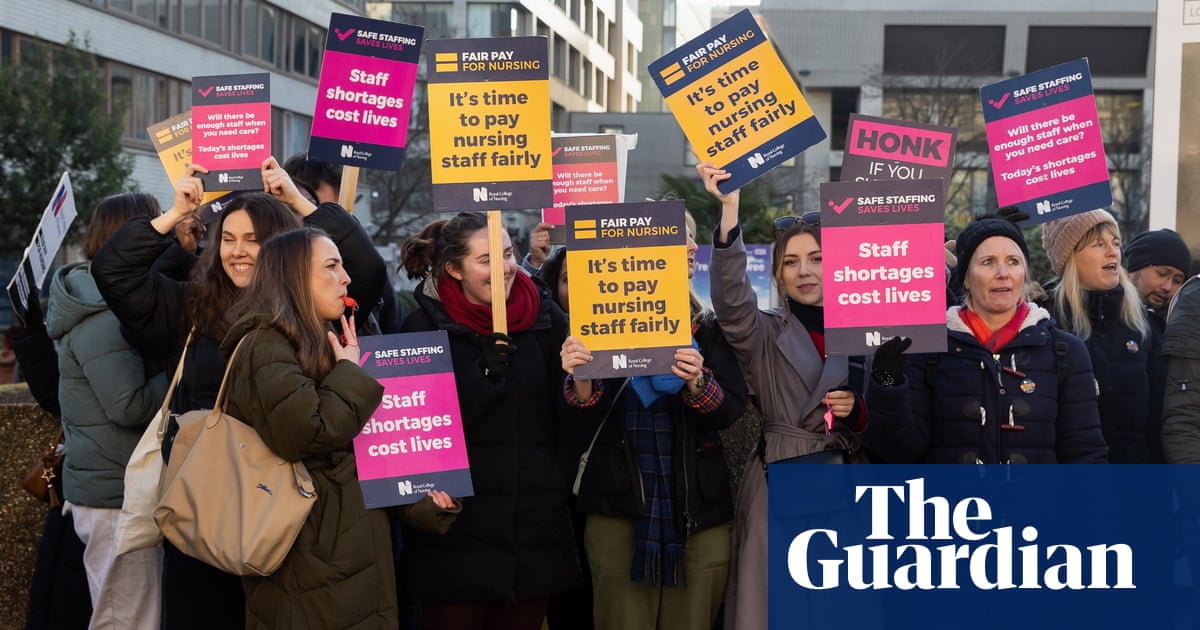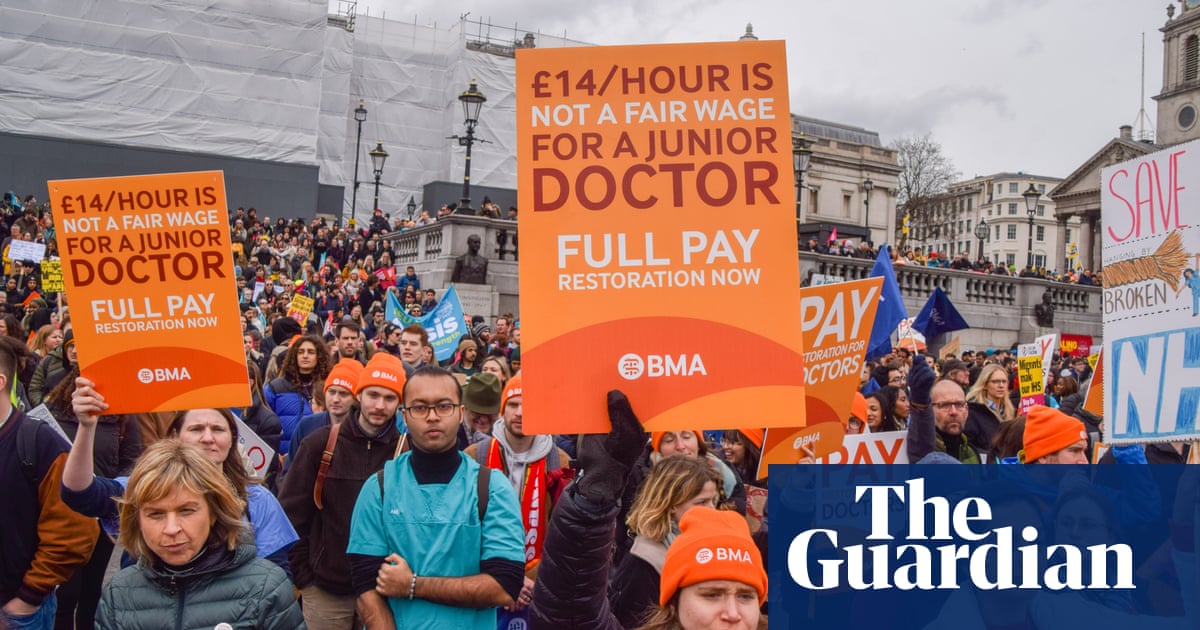
The Rugby Football Union is holding talks over cuts to England players’ £25,000 match fees as the financial impact of the coronavirus pandemic continues to be felt across the sport.
The existing pay agreement between the RFU and the Rugby Players’ Association – which rewards the players handsomely for appearances, training and image rights – expires at the end of this season and the Guardian understands a new deal has not yet been finalised.
The RFU is forecasting losses of up to £50m over the next 18 months, with the chief executive, Bill Sweeney, the rest of the executive team and the head coach, Eddie Jones, all agreeing to pay cuts of more than 25%.
A salary reduction programme has also been introduced across the organisation and it is understood the RFU does not consider players’ match fees off limits when it comes to cost-cutting, with a union spokesperson stating it was “in dialogue with all aspects of the game”.
England are due to tour Japan in the summer for a two-Test series but, assuming that and the June fixture against the Barbarians is cancelled, the new pay deal will come into effect before Jones’s side next take to the field.
The England squad is thought to be the highest paid in the world – a disparity highlighted when it emerged Samoa earned just £650 per man for a recent autumn international at Twickenham. For reaching the World Cup final last November the England squad earned more than £4m – of which more than £1m was bonuses – but it is understood unbudgeted World Cup bonuses were offset by higher-than-anticipated ticket and hospitality revenues at recent Twickenham matches.
In the aftermath of the final defeat by South Africa, Sweeney said there would be similar resources available to plot a course towards 2023 but the coronavirus pandemic has had a brutal effect on the global game.
USA Rugby has filed for bankruptcy, New Zealand Rugby is implementing a 40% cut on all staff with losses of £50m expected and talks under way with players, while Australia is forecasting a loss of £60m and has stood down 70% of its workforce with discussions also taking place over pay cuts for players.
This week both Wales and Scotland have also announced cost-cutting measures with executives and coaches agreeing either salary reductions or deferrals, while the potential for a further hit for the home nations was raised this week when Rugby Australia cast doubt on whether their autumn internationals will take place. In the RFU’s case, home matches can generate more than £10m and account for 85% of the union’s revenue, with Australia one of four visiting teams due at Twickenham in November.
With the summer tours highly unlikely to take place, the revenue-sharing model, in which Twickenham banks all the revenue from the three autumn Tests that take place inside the official window, may be altered to assist the southern hemisphere nations, adding to the RFU’s financial concerns.
Jones said on Wednesday that he expects his squad to be “ready to go” when rugby resumes and revealed he and his staff are in communication with the players, providing them with equipment and training programmes. “Rugby has always inspired teamwork,” he said. “One of the things we talk about with the England team is how you can become a better teammate. Now, for everyone, it is about how you become a better citizen. One of the values we talk about is togetherness. Watching everyone standing outside of their houses and applauding the NHS was an indication of the great togetherness of society.”
Premiership players, meanwhile, are already facing pay cuts, with clubs introducing a blanket 25% reduction, the majority of which were due to kick in on Wednesday. As revealed by the Guardian, there is considerable unrest among players at the cuts following legal advice provided by the RPA. Premiership clubs are also set to put their squads on furlough and claim the £2,500 a month per player available as part of the government bailout while still paying their squads wage top-ups.












